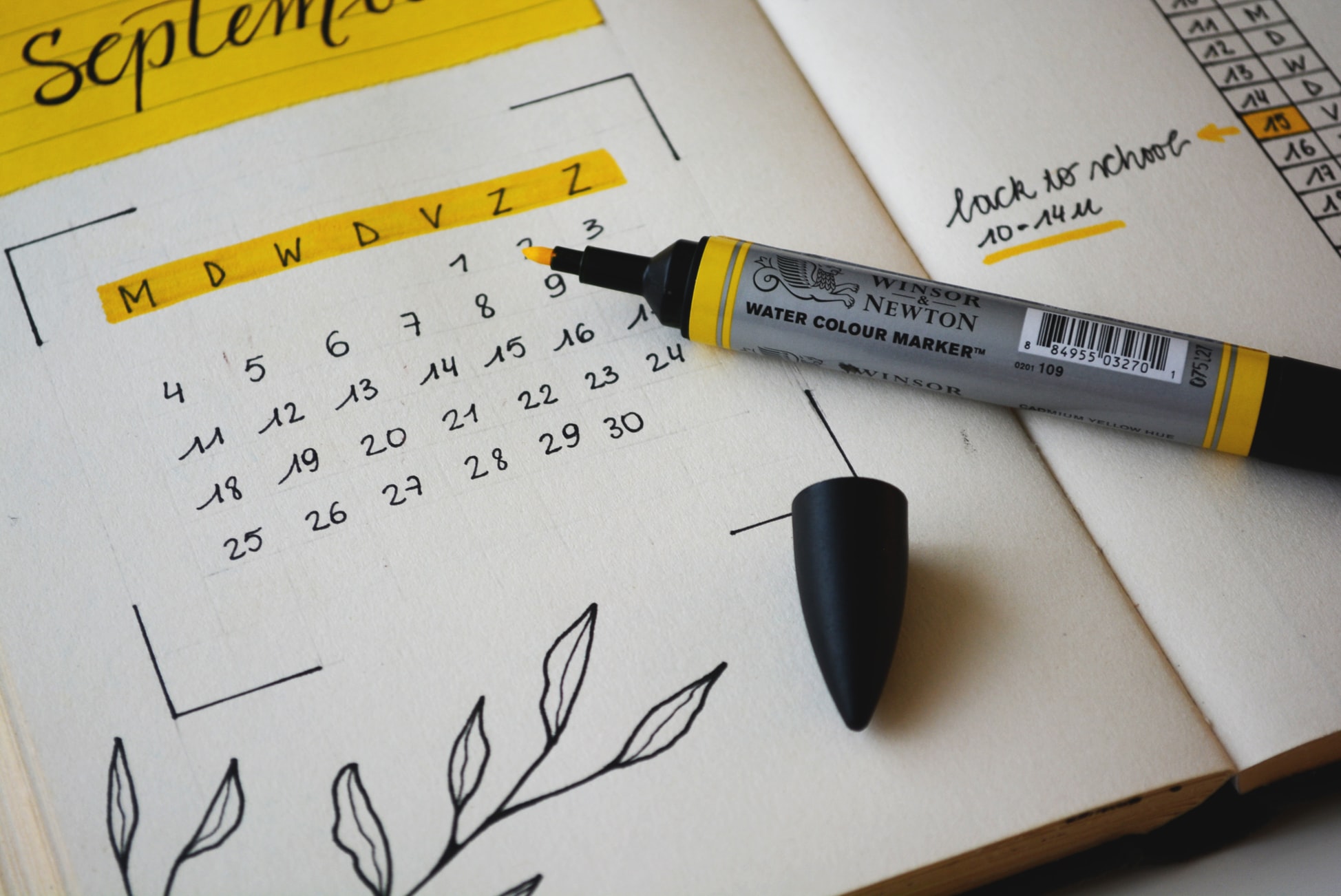
How Far Back Should A Resume Go?
Your resume should go back 15 to 20 years, at most.
Why just 15-20 years?
It boils down to three major reasons:
Hireability
According to TalentWorks’ research, your hireability drops by 8% annually after you cross the age of 35.
Recruiters guess your age using your graduation details, and your hireability in their eyes could fall if you’re above the ‘age limit’.
Resume Length
If you’re an industry veteran with a wealth of experience, expounding upon it, especially older stints and achievements, can prove detrimental.
Your resume could easily exceed 3 pages, the (widely recognized) upper limit for resume length. Unless you’re an academic, scientist or teacher/professor, resumes longer than 3 pages reduce your chances of getting an interview.
Relevancy
The further back your resume goes, the less relevant it becomes to the role you’re applying to.
The skill sets, expertise, technical functions & duties differ so significantly that what you’ve learned and executed back then would have little to no impact on your profile and knowledge base today.
Thus, a short, crisp and relevant resume trumps an excessively lengthy one any day of the week!
Could you explain further?
Sure!
Recruiters want young blood in their organizations for fresher perspectives and contemporary knowledge of industry trends & skill sets.
For example, let’s say you’re 40, and graduated 20 years back. After 10 years of work ex, you decided to change your field, and are now applying for a very senior position at a unicorn. Since it is 2021 now, your resume mentions your graduation date as 2001.
Using this, they can infer that you’re roughly in the 38-43 bracket (considering the length of courses, early/late schooling, etc.), and your chances of being hired compared to say a 30ish-year-old who graduated in 2011, fall automatically.
Thus, if your resume is restricted to your work experience of the last 15 years, they cannot accurately guess your age as being 35+ (though to be honest, it’s an easy calculation, but then they do not spend that much time during the first few rounds of resume filtering).
Recruiters spend roughly 6-30 seconds scanning your resume during the initial resume screening processes.
The longer your content, the lesser time they spend per page - do you really want them to miss out on important content because your resume was too long?
Keeping your resume to a manageable 2 pages (3 at most, if you’re applying for a CXO-level position) ensures it’s packed with information & important details while excluding irrelevant and unimportant snippets.
Step into the shoes of a recruiter that is hiring someone for a senior management position at an MNC. It requires leadership, foresight, vast knowledge of macro & micro trends in the industry, excellent people-management & negotiation skills.
Would the kind of work a potential candidate did at an intern- or entry-level position 25 years back have the slightest importance or relevancy in terms of the knowledge or experience required for the position? Obviously not!
Consequently, either completely eliminating or only very briefly mentioning these is the preferred practice and norm, especially since it helps in reducing the length of your resume and even gives you more space to highlight recent and more relevant experience and achievements which could go a long way towards getting you that interview.
TL;DR
Your resume should go back no more than 15-20 years from the time of applying to a role. It helps the resume be of a manageable length, reduces the chance of an age bias working against you, and provides a much more relevant and informative resume!




